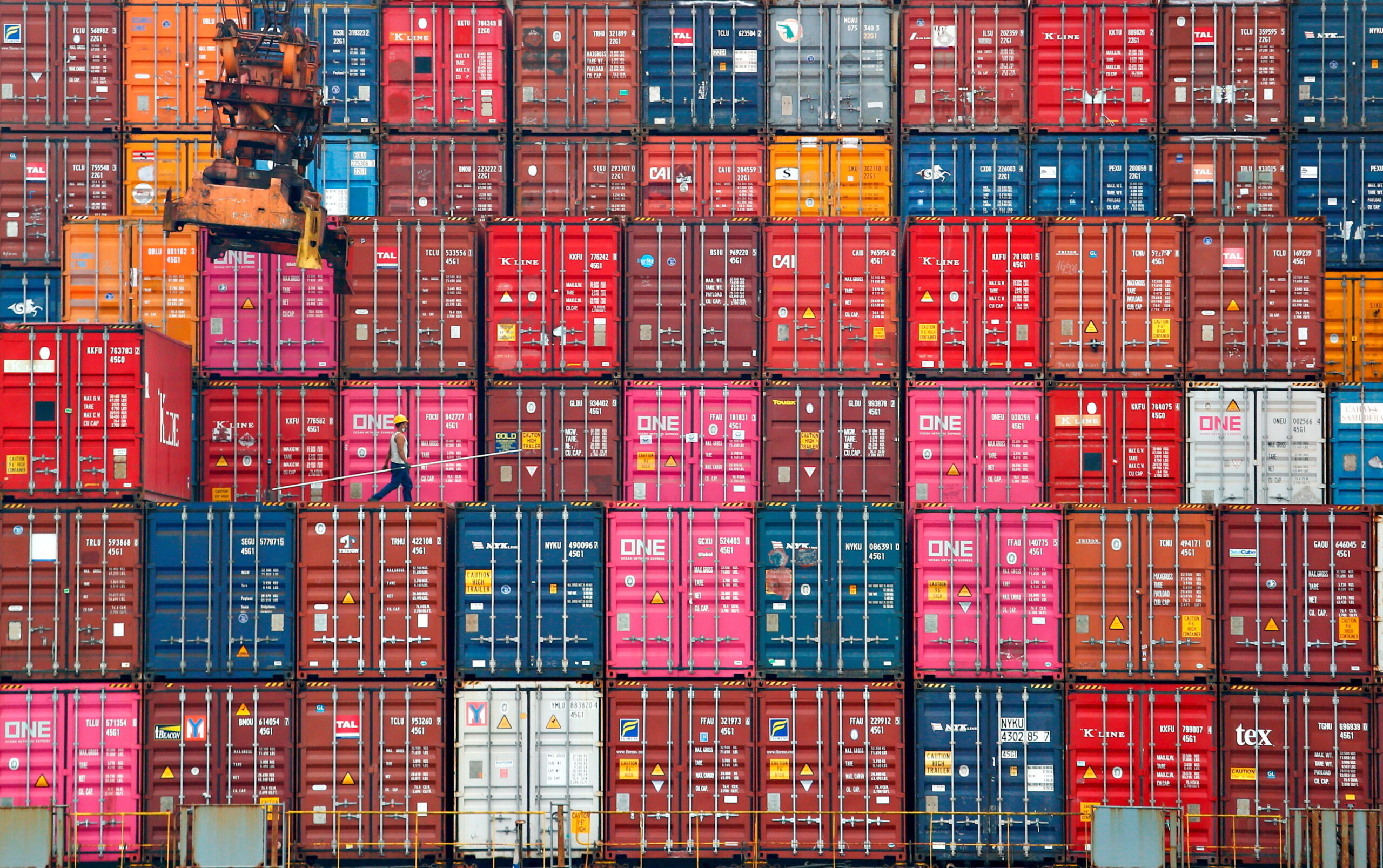Insights
Supply and Demand: The Supply Chain Crisis Post-Pandemic

By Israa Abdallah
The health sector is not the only sector that has been severely impacted by the pandemic, as lockdowns have also disrupted supply chains. This has resulted in a paradigm shift in the foundation of supply chain management.
What Is the Supply Chain?
We must first understand the supply chain in order to determine how it was disrupted by the pandemic. The supply chain’s foundation is ensuring and facilitating access to resources and raw materials required for production, as well as balancing supply and demand for a final product. The concept of supply chain was first introduced during World War II and was limited to the military realm. Later, it was adopted by other realms and was incorporated into industry and trade.
The fourth industrial revolution, combined with the ever-increasing power of the customer, who can now determine both the timing of receiving an order and the specifications of a product, has altered the traditional structure of supply chain management. The supply chain is currently dependent on estimating requirements and assessing risks, as well as determining the best ways to deal with such risks.
The Supply Chain Disruption
Without a doubt, supply chain disruption has impacted business operations during the Coronavirus outbreak. Despite high demand, some businesses were unable to obtain raw materials, reducing productivity. Others were unable to sell their products due to an excess of supply and a lack of demand. In this regard, businesses, particularly unstable ones, experienced a severe financial crisis as they ran out of alternatives to deal with such unwelcome and unpredictable disruptions in the supply chain. Some businesses were eventually forced to close as a result of this.
Many people may mistakenly believe that economic problems do not have an impact on their lives. The pandemic, on the other hand, has disproved this assumption while also highlighting the importance of ensuring smooth supply chain operations and management. The scarcity of tissues, toilet paper, napkins, and hygiene products in some countries, combined with widely circulated videos of customers chanting and rushing for these products, was a perfect example emphasizing the importance of keeping supply chain operations operational and smooth.
The Impact
One might wonder how shipment and courier services have affected our lives and changed our purchasing habits/trends during the pandemic. One could argue that due to lockdowns and precautionary measures, online shopping and courier services have become trendy and preferable to us and have become the new normal. Some companies have attempted to adapt to the changes in the supply chain structure.
Unlike the educational supplies industry, the development of e-learning apps has thrived. Furthermore, as online shopping has grown in popularity and people have found it more preferable to place their orders online, in-store shopping has declined or nearly stopped. Similarly, factory workers were laid off as a result of the economic downturn, whereas the courier industry hired more people.
Nonetheless, the question of how supply chain disruption affects small business owners in terms of delivery and marketing of goods, in light of the ever-increasing inclination to avoid intermediaries and pursue direct transactions between manufacturers and consumers, arises, given that it could result in massive job loss, threatening numerous households.
Overcoming the Challenges
To overcome the challenges associated with social distancing, large enterprises and business organizations are working hard to recover from the supply chain crisis, which is expected to last another six months, by taking into account the changes in the supply chain structures/models and by using technology, specifically robots, to deliver products to the customers instead of humans. They are also attempting to purchase/produce raw materials in order to avoid supply chain disruption while also facilitating direct transactions and sales through e-shops. This will undoubtedly prevent any disruption to sales processes, especially given the lack of intermediaries and the increasing reliance on e-commerce.
To summarize, the COVID-19 pandemic has taught us many lessons, but the lessons learned from the supply chain crisis with its complexity have demonstrated that countries are interdependent, and cooperation is the only option we have to deal with such global challenges.










